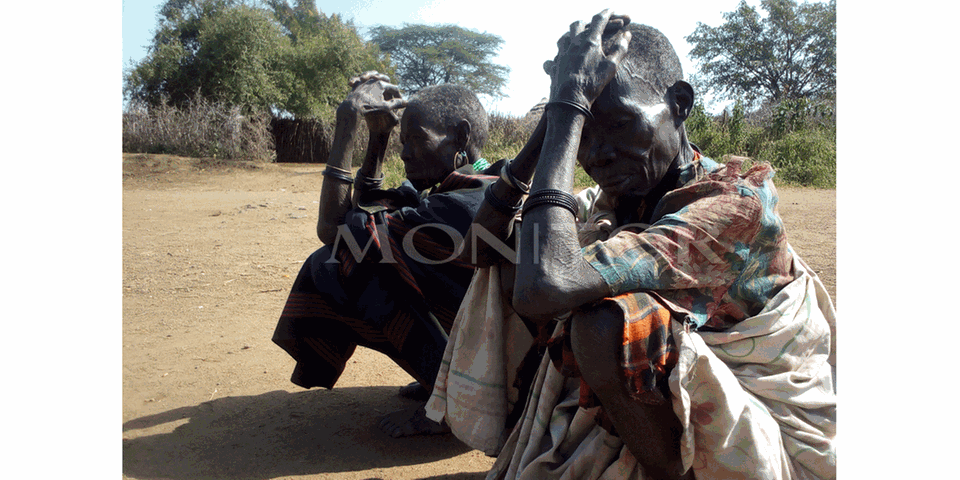Letter to the President on private copying levy

What you need to know:
- Unlike taxes, which go into the public coffers, the PCL is a private compensation mechanism directly benefiting creators, artists, musicians, and other copyright holders.
I write to Your Excellency regarding the Private Copying Levy (PCL), a critical mechanism that supports copyright holders while also driving socio-economic development.
I would like to offer an explanation of PCL, clarify its relevance to national development goals, and appeal for its inclusion in the Copyright and Neighbouring Rights Act amendment Bill.
The Private Copying Levy is not a tax. It is a compensation scheme where manufacturers or importers of devices that can copy copyrighted content (such as smartphones, laptops, and storage media) pay a small fee.
This fee compensates copyright holders for revenue lost when individuals copy their works for personal use, without authorisation.
Unlike taxes, which go into the public coffers, the PCL is a private compensation mechanism directly benefiting creators, artists, musicians, and other copyright holders.
Alignment with the Sustainable Development Goals (SDGs) and Vision 2040:
PCL aligns with Uganda’s Vision 2040 and the Sustainable Development Goals (SDGs) in the following ways:
Job Creation (SDG 8 - Decent Work and Economic Growth):
The creative sector is a proven engine of job creation. PCL ensures that creators are compensated for their work, encouraging more investment in creative industries.
This creates jobs, particularly for young people and women, in fields such as music, film, and literature.
Reducing Inequality (SDG 10 - Reduced Inequality):
PCL allows for equitable distribution of income across creators, ensuring that even lesser-known copyright holders benefit from their work being copied.
This reduces income inequality within the creative sector, particularly benefiting women and marginalised groups who often struggle to monetise their work.
Improved Healthcare Services (SDG 3 - Good Health and Wellbeing):
A portion of the royalties from PCL can be used to improve social welfare for artists, including access to healthcare services.
This would enhance the wellbeing of creators, many of whom currently struggle to afford healthcare.
The creative industry, supported by PCL, has the potential to create thousands of jobs, especially for youth and women. In countries like France and Germany, PCL schemes have funded not only individual creators but entire ecosystems that sustain jobs for producers, distributors, and digital platform managers.
By fostering a vibrant cultural sector, PCL enables more Ugandans to engage in economically viable creative activities, thus contributing to national economic growth.
Copyright owners benefit directly from PCL through royalties. Since it is difficult to monitor the private copying of works, a system of estimated distribution is used, whereby the collected fees are pooled and distributed to creators based on agreed-upon formulas. For example:
In France, authors, musicians, and filmmakers receive payments based on the share of the market they represent in terms of works that are likely to be copied.
In Germany, part of the levy also goes to promoting cultural activities, which further enhances opportunities for creators.
Since there is no direct record of the amount of copying done for personal use, Collective Management Organisations (CMOs) calculate the royalties based on various indicators.
These include: Market share of different types of media.
Estimates of the frequency with which different works are copied.
Royalties are then distributed to copyright owners proportionally, based on their share of copyrighted content in the market.
For instance, if 30 percent of the copied content is music, musicians would receive 30 percent of the collected levy.
How the National Economy Benefits from PCL:
The introduction of PCL would provide financial support for creative sectors, spurring innovation and economic growth.
By compensating creators, the government fosters a thriving creative economy, which can attract international investments, boost tourism, and create new export opportunities for Ugandan music, films, and other forms of culture.
Moreover, these funds can be reinvested into cultural development programmes, enhancing Uganda’s global cultural footprint.
Your Excellency, by including the Private Copying Levy in the Copyright and Neighbouring Rights Act amendment Bill, Uganda will be aligning itself with international best practices while promoting its own cultural and creative industries.
This move will not only protect copyright owners but also stimulate the economy by creating jobs and improving the welfare of creators.
I humbly request Your Excellency to consider this proposal, as it will significantly contribute to Uganda's Vision 2040, drive job creation, and foster a more equitable and vibrant creative economy.
James Wasula, [email protected]




